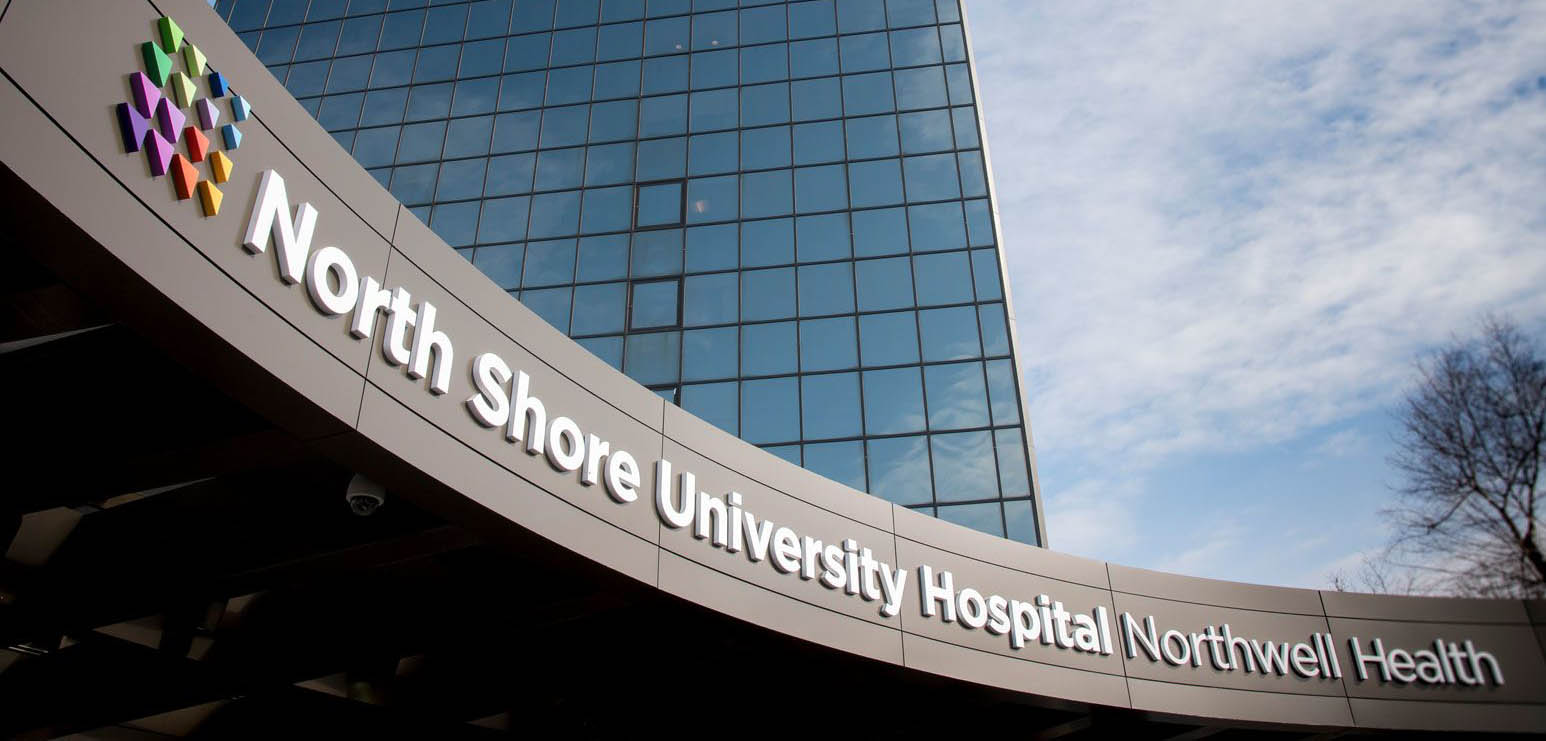
North Shore University Hospital Master of Science in Cardiovascular Perfusion
Overview
The Master of Science program in Cardiovascular Perfusion combines the resources of two centers of exceptional health care education: the Department of Biomedical Sciences at LIU Post in Brookville, N.Y. and the Department of Cardiovascular and Thoracic Surgery at North Shore University Hospital (North Shore-Long Island Jewish Health Care System) Great Neck, N.Y. As a student in the program, you will complete 27 credits at LIU Post and 27 credits taught at North Shore University Hospital. Upon completion of the program, you will be qualified as a cardiovascular perfusionist who serves as a member of the health care team during major surgeries.
A perfusionist is a highly trained and skilled medical professional who operates equipment that supports or replaces the patient’s circulation and lung functions during surgery. Working closely with physicians to select appropriate equipment and techniques, the perfusionist monitors vital cardio-pulmonary parameters to ensure the safe management of physiologic functioning during open heart surgery. Furthermore, the perfusionist is educated in the administration of prescribed blood products, anesthetic agents and cardiovascular drugs via the extracorporeal circuit. The perfusionist is knowledgeable and competent in the use of a variety of techniques, including hypothermia, hemodilution, and procedures involving specialized instrumentation and advanced life support.
The perfusionist may also be responsible for administrative duties, purchasing, supply and equipment control, inventory, quality assurance and personnel management. Based on institutional factors and available facilities, the perfusionist may also be engaged in research of new products, development of surgical techniques and data analysis. At all times, the perfusionist must maintain the highest ethical and professional health care standards.
The M.S. in Cardiovascular Perfusion is a 24-month program integrating didactic and clinical courses with practica which provide the necessary entry level skills in cardiovascular perfusion. Students successfully completing the program will receive a certificate of completion from the North Shore University Hospital School of Cardiovascular Perfusion, and are eligible to sit for the national board certifying examination in Clinical Perfusion. Recipients of the certificate of completion having completed all academic course work are then awarded an M.S. in Cardiovascular Perfusion from LIU Post.
LIUP- NSUH School of Cardiovascular Perfusion outcomes:
Enrollment for 2015 to 2017 are 8, 8,10 respectively.
Placement for 2015 to 2017 are 100%, 100%, 100% respectively.
Cognitive success for 2015 to 2017 are 100%, 100%, 100% respectively.
Affective Success for 2015 to 2017 are 100%, 100%, 100% respectively.
Psychomotor Success for 2015 to 2017 are 100%, 100%, 100% respective.
Requirements:
Admissions Requirements
- Admission into the Cardiovascular Perfusion Program at North Shore University Hospital in Manhasset, N.Y.
- Once the applicant has been accepted by North Shore University Hospital, the completed application will be forwarded to the Department of Biomedical Sciences at LIU Post. No additional application is needed.
- Completion of a bachelor’s degree from an accredited college/university with a minimum GPA of 2.75 on a 4.0 system.
- Undergraduate courses that must have been completed include:
— 2 semesters of college biology (8 credits)
— 2 semesters of anatomy and physiology (8 credits)
— 2 semesters of college chemistry (8 credits)
— 2 semesters of college math (6 credits)
— 1 semester of college physics (4 credits) - Three letters of recommendation
Candidates are assessed for admission into the program based upon:
- Experience
- Academic performance
- Letters of recommendation
- Insight into perfusion technology
- Expressed motivation
Advanced Standing into the M.S. Program in Cardiovascular Perfusion at LIU Post
An experienced or practicing cardiovascular perfusionist who desires an M.S. in Cardiovascular Perfusion may apply for admission to this program. Their clinical expertise will be evaluated by North Shore University Hospital (NSUH) regarding individual competency in courses of surgery (6 credits); perfusion technology (6 credits); and three clinical practicums (I, II, III) – (5 credits each). The Director of the Cardiovascular Perfusion Program at the NSUH will assign the grades for these courses. The other admission criteria listed above under 1, 2, and 3 must also be met. Students with advanced standing must take 27 credits of graduate course work in Biomedical Sciences in the Department of Biomedical Sciences at the LIU Post.
Additional information about perfusion school program:
Students Admitted: 7
Program Length: 24 months
In state tuition: $39,000
Out of state tuition: $39,000
Degree: M.S. in Perfusion
I am a Nurse Practitioner with MSN-DNP-FNP-AGACNP. I currently work in cardiac and lung transplant. I want to know how much education and training i would need to become a perfusionist.
To become a perfusionist, you must first complete a four-year college degree in the medical sciences, such as chemistry, biology, or medical technology. You must also take coursework in general and organic chemistry, general and advanced biology, and physics. Once you have a bachelor’s degree, you can apply to a master’s program in cardiovascular perfusion.
Accredited perfusion technology programs range in length from 20 to 24 months. Several accredited schools offer a combined undergraduate degree and a degree in perfusion technology.
The amount of time it takes to become a perfusionist varies depending on the type of educational program you enroll in. Perfusionist programs are offered at the certificate, bachelor’s and master’s degree level.
Most programs require at least a 3.0 GPA or above to apply to their program. In addition to your GPA and GRE score, most perfusion schools require a minimum of three letters of recommendation, a written personal statement or essay, and if you are selected, an in-person interview.
Maciej
is this perfusion program still exist on the long island university?